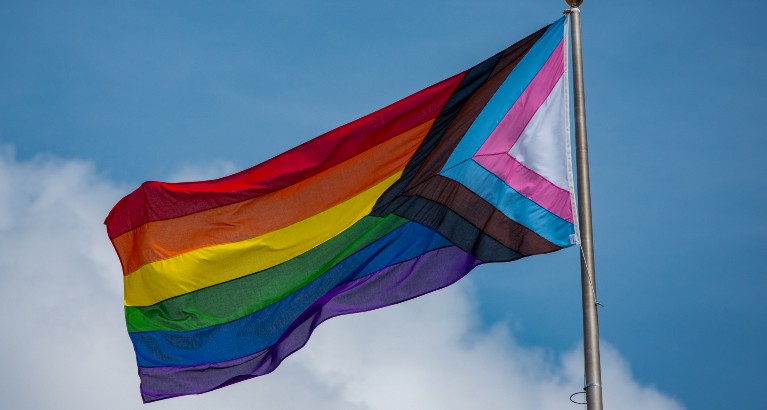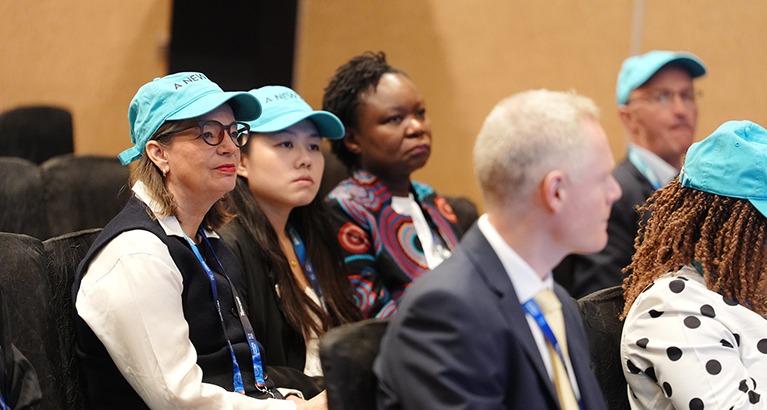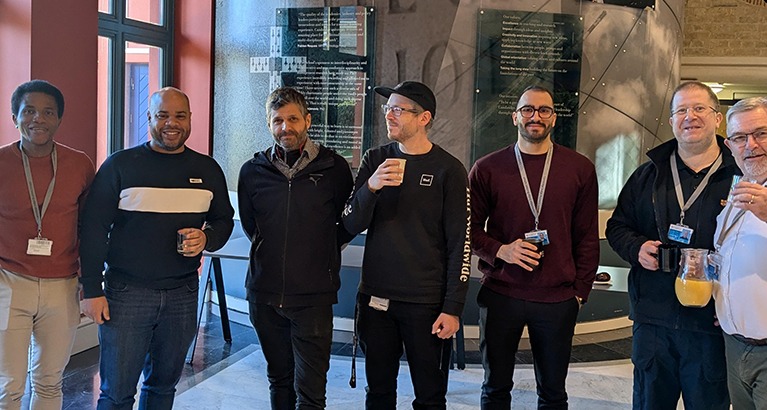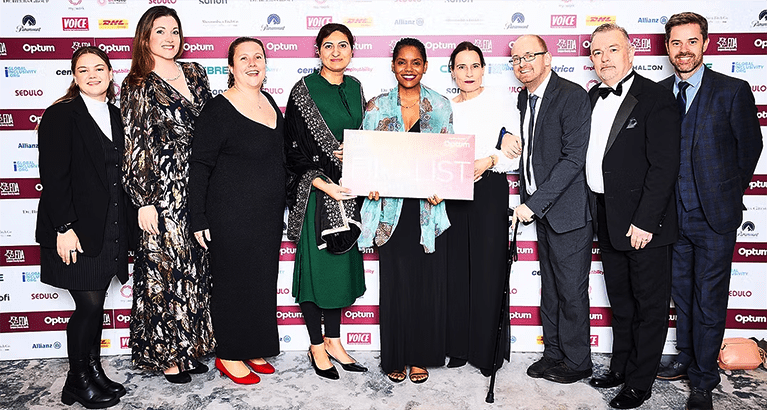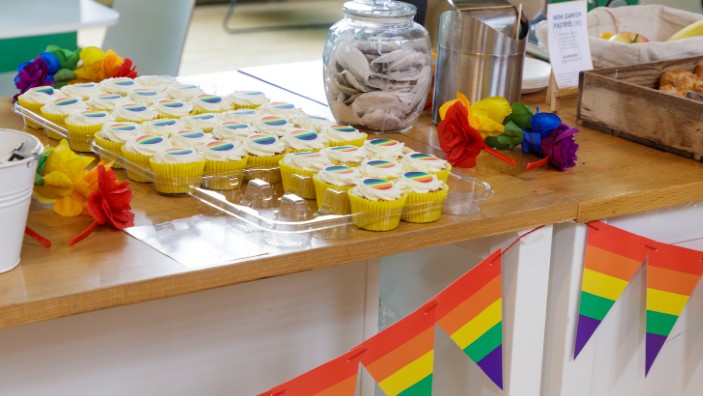
Cambridge Judge Business School displayed Pride Banners for Pride Month 2025, as we have done in previous years to mark Pride Month in June, and a Pride-themed staff coffee was held on 26 June to show the Business School’s support for equity, diversity and inclusion (EDI).
The previous week, the Executive Director of our Executive MBA programmes, Dr Jennifer Waller Martin, represented the Business School in the city of Cambridge’s annual Pride Parade. As she wrote on LinkedIn: “Have really enjoyed walking in the Cambridge Pride parade today and celebrating at the festival with my son. Was amazing to see University of Cambridge, Anglia Ruskin University (in all their pride joy), Deloitte, AstraZeneca, Arm, Hilton, Tesco and many more companies out in support, ensuring the #lgtbqia+ community feel safe and supported particularly where some companies are drawing back.”
In addition, we asked members of the Cambridge Judge community – including a student, our Dean, the Chair of our EDI Committee and the Executive Director of our EMBA Programmes – to reflect on Pride Month including the role of business schools in fostering inclusion and belonging. Their responses follow:
What does Pride Month mean to you personally?
It’s a time to come together in celebration, to honour those who came before us and fought for the freedoms and the rights that we now enjoy – even though the work is far from over.
Rodrigo Valim de Oliveira, current Executive MBA student (EMBA 2024), a senior manager at InterContinental Hotels Group who hails from Brazil
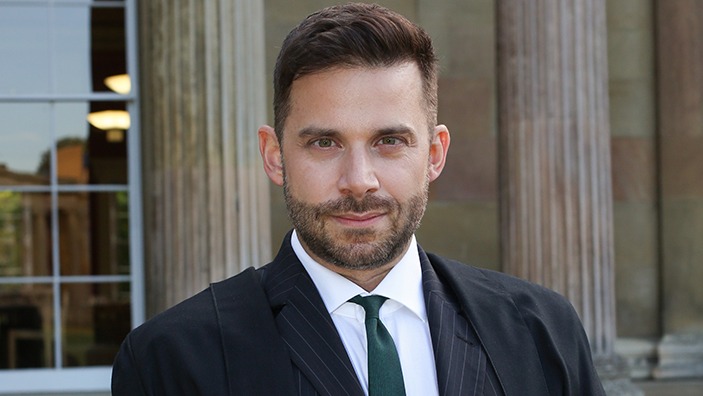
I see Pride Month as a vital moment in the year to pause, reflect and take stock of where we stand as a society when it comes to rights, inclusion and belonging — not only for the LGBTQ+ community but also for other marginalised groups.
It’s a time to come together in celebration, to honour those who came before us and fought for the freedoms and the rights that we now enjoy – even though the work is far from over.
Pride is as much about joy and unity as it is about protest and resilience, a reminder that the rights we’ve won must be continuously defended and that freedom requires constant vigilance.
Lionel Paolella, Professor of the Social Sciences and Organisations, and Chair of the EDI Committee at Cambridge Judge
Pride Month holds a deeply personal significance for me as it serves as a vivid reminder of the necessity to consciously engage with and understand the experiences of LGBTQ+ individuals. Pride Month amplifies the voices that may often go unheard, encouraging us to actively listen, reflect and cultivate empathy. Additionally, it reinforces the importance of being an ally in meaningful ways – by creating platforms where LGBTQ+ individuals can share their stories, standing beside through visible and tangible support at events and initiatives, and standing in front by advocating strongly for ongoing inclusion and progress.
Dr Jennifer Waller Martin, Executive Director of the EMBA programmes at Cambridge Judge
Pride Month is a chance for us to celebrate our people and our diversity. As a proud ally, I want everyone to be able to bring their true self every day. Pride Month is a great way of celebrating our differences and learning about each other. Higher education institutions and businesses have a responsibility to create safe and welcoming environments, in order for everyone to be the best that they can be. Support is essential to enable creativity and productivity to drive us all forward. We should create celebration opportunities, so people can step forward confidentially in a safe environment to try and test being themselves, so that they can grow and so we can educate others. It’s all about experientially learning at the end of the day on a social level. We all just want to be accepted for who we are. If we can talk about personal things at an educational level, we will all learn and grow together.
How can higher education and the business world better support LGBTQ+ students beyond Pride Month 2025?
Rodrigo Valim de Oliveira (EMBA 2024)
I know it may sound like a cliché, but for me it’s really about supporting and fostering an institutional culture where people feel truly comfortable in their own skin and creating spaces that genuinely bring people together while actively supporting an individual contributor’s development and progression. My gut feeling is that while many institutions include diversity and inclusion in their mission statements or HR pages, the reality of implementing these values is often far more complex. Too often, organisations fall back on surface-level gestures or act on outdated assumptions and stereotypes, rather than engaging in deeper reflection about their values, intentions and social impact. And then there are those who engage with Pride purely for marketing – chasing the ‘pink dollar’ without any real commitment to the community. The difference lies in authenticity and the willingness to do the hard work behind the statements.
Higher education institutions can significantly enhance their support for LGBTQ+ students through targeted and sustainable initiatives.
Professor Lionel Paolella
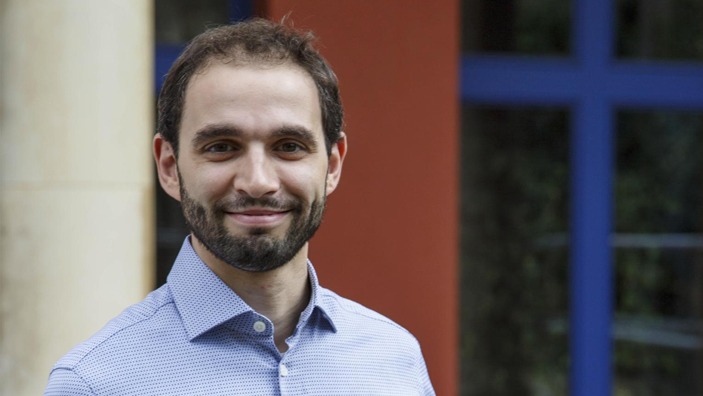
Beyond Pride Month 2025, higher education institutions can significantly enhance their support for LGBTQ+ students through targeted and sustainable initiatives. Firstly, developing comprehensive sensitivity and awareness training programmes for both students and staff can foster a more inclusive campus culture. Secondly, offering dedicated mental health resources specifically addressing the unique experiences of LGBTQ+ students would help alleviate some of the burdens they face. Thirdly, establishing LGBTQ+ mentoring programmes that pair students with supportive faculty or alumni could provide invaluable guidance and affirmation. Fourthly, embedding case studies with LGBTQ+ characters and elements within curricula across disciplines would ensure diverse representation and enrich the educational experience for all. Finally, actively facilitating networks and safe spaces on campus can empower LGBTQ+ students to form supportive communities and thrive academically and socially.
What role should business schools play in recognising and celebrating Pride Month, and why does it matter in a business education context?
Rodrigo Valim de Oliveira (EMBA 2024)
Business schools play a crucial role in fostering awareness and understanding of equity, diversity, and inclusion (EDI) among the next generation of high-achieving business leaders. An emotionally intelligent leader recognises that managing EDI isn’t just an internal business imperative – it also shapes how their organisation engages with society at large. I believe that by encouraging awareness and respectful dialogue around these issues, business schools are not only shaping better professionals, but also more empathetic, socially responsible individuals who will go on to make a meaningful impact in their communities.
Professor Lionel Paolella
Business schools, in particular, have a critical role in recognising and celebrating Pride Month, given their influence in shaping future leaders who will drive organisational cultures. This recognition is crucial not only for fostering visibility and representation but also for embedding genuine inclusion within the very fabric of business education. By integrating LGBTQ+ topics into the curriculum, facilitating inclusive leadership training and promoting events that celebrate diversity, business schools signal the imperative of inclusivity in organisational life. This, in turn, prepares future business leaders to advocate for and implement inclusive practices in their professional spheres, creating workplaces where all individuals, regardless of their identity, can succeed and flourish.
There are always further initiatives that we can – and will – pursue to ensure that the Business School is a safe and thriving institution for everyone.
Professor Gishan Dissanaike, Dean of Cambridge Judge Business School
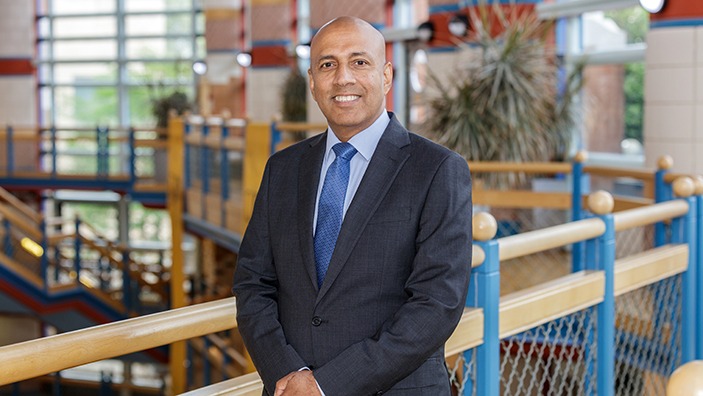
A commitment to inclusion and diversity is ingrained at Cambridge Judge Business School, as differences in background, opinion and outlook benefit the entire Business School community. Our students, faculty and staff come from all over the world, and from various cultures, and this enriches the educational and workplace experience throughout the organisation. So we are very pleased to support and participate in Pride Month activities.
At Cambridge Judge, we are committed both to maintaining our distinct culture and being a high-performing organisation, and inclusion is a key part of both those elements. We are very proud of our efforts, but there are always further initiatives that we can – and will – pursue to ensure that the Business School is a safe and thriving institution for everyone.
What’s your reaction to the rolling back in some businesses of EDI initiatives and how could EDI allies and supporters respond?
They reveal their true colours – and they’re not the full spectrum of the rainbow.
Rodrigo Valim de Oliveira (EMBA 2024)
I feel that different companies have implemented EDI initiatives with varying degrees of sincerity and success. Some have genuinely embraced these efforts to support their internal teams and uphold their inclusive values. Others, however, have used EDI more as a box-ticking exercise or a PR tool – offering lip service rather than meaningful action. Tellingly, it’s often those in the latter group who are the first to roll back their initiatives, prioritising short-term financial gains over long-term values. In doing so, they reveal their true colours – and they’re not the full spectrum of the rainbow. The underlying reasons for EDI initiatives haven’t disappeared. Discrimination, inequality of opportunity, and marginalisation persist – and in some contexts may even worsen. That’s why it’s crucial for allies and supporters to stand by those who have demonstrated genuine commitment and allyship. Just as importantly, we must continue to show up for one another, foster community and make ourselves visible. For many of us, simply existing – openly and unapologetically – remains a powerful act of resilience and resistance.
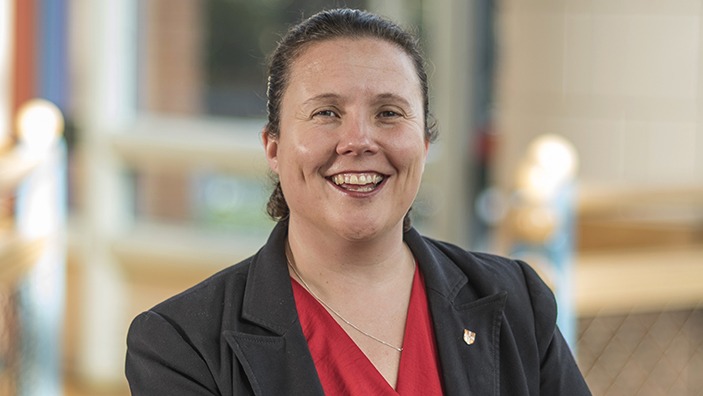
Dr Jennifer Waller Martin, EMBA Executive Director
It’s disappointing that some parts of the world, and some businesses, are rolling back DEI initiatives. But the reality, talking to many business leaders, is that it’s still happening, on a big scale, it’s just that some companies are scaling back communications about it.
To recruit and retain the best talent, we will need to ensure DEIB (Diversity, Equity, Inclusion and Belonging) policies continue to thrive – all the smart businesses will continue to do this, and they are the ones that will benefit and get ahead.
Featured faculty
Lionel Paolella
Professor of the Social Sciences and Organisations
Gishan Dissanaike
Dean of Cambridge Judge Business School


